Samsung has just released another teaser video of its upcoming flagship smartphone, the Galaxy S6. But will this be the iPhone-killer Samsung needs?
Samsung releases promo for its next would-be iPhone killer, the Galaxy S6


Samsung has just released another teaser video of its upcoming flagship smartphone, the Galaxy S6. But will this be the iPhone-killer Samsung needs?

Pebble has promised us big things for 2015, and our wait for those could be over sooner than anticipated. The company today erected a countdown on its website that ends on Tuesday, February 24, at 7 a.m. PT.
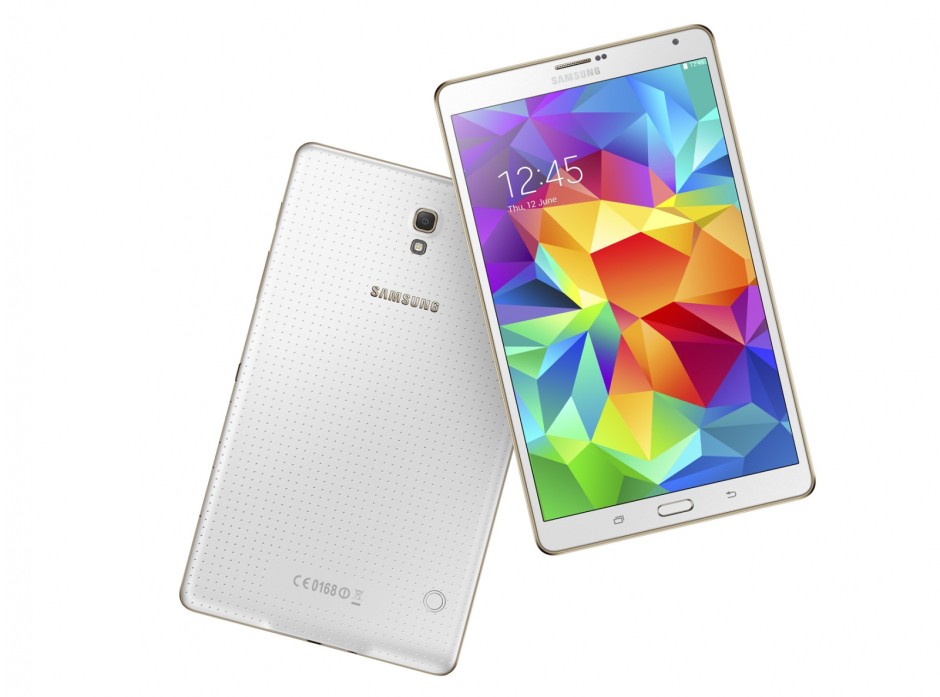
While Samsung’s next-generation Galaxy S6 and S6 Edge may be dominating the headlines right now, they won’t be the only exciting devices the South Korean company releases this year.
New Galaxy Tab S slates are also on the horizon, and according to inside sources familiar with Samsung’s plans, they’re going to be made of metal and even thinner than Apple’s super-slim iPad Air 2.
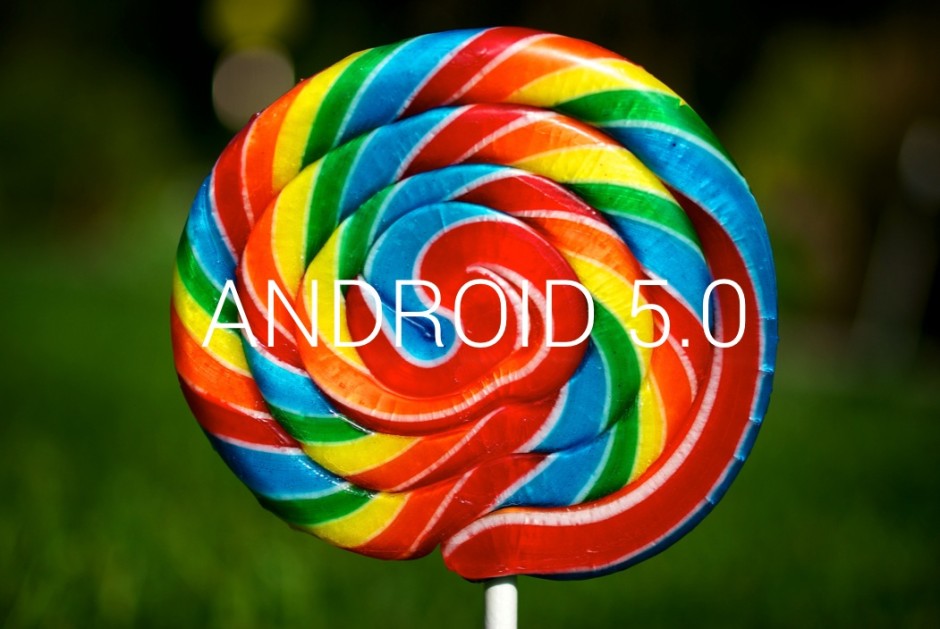
iOS users have had plenty of reasons to crow about Apple handsets recently, but here’s one for the Android crowd: Android devices running the latest Android 5.0 Lollipop mobile OS have a lower application crash rate than devices running Apple’s much-vaunted iOS 8.
The data was pulled by mobile application performance management company Crittercism, which claims that Lollipop’s crash rate for apps is a miniscule 2 percent, compared to iOS 8 which crashes 2.2 percent of the time. The same study also shows that iOS 8 crashes more than its predecessor, iOS 7.
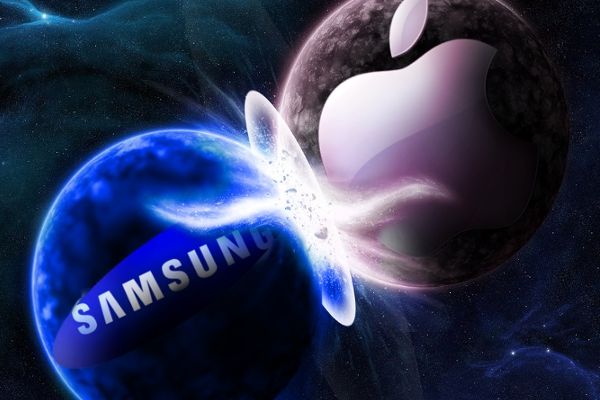
Unlike Apple, which is more comfortable (and lucrative) than ever with its business strategy, here in 2015 Samsung is having a bit of an identity crisis. Is it a freedom-fighting Internet of Things company making smart refrigerators and connected TVs? Is it a Xiaomi competitor, turning out cheaper smartphones than ever for the developing Indian market?
Like a deer in headlights, the company seems to be skittishly veering from one idea to the next, without any real understanding of what it needs to do to once again be competitive.
Of course, there is one idea that has worked for Samsung in the past, and with its mobile division falling on hard times, that strategy seems to be one the South Korean tech giant is more than happy to return to: copying Apple.
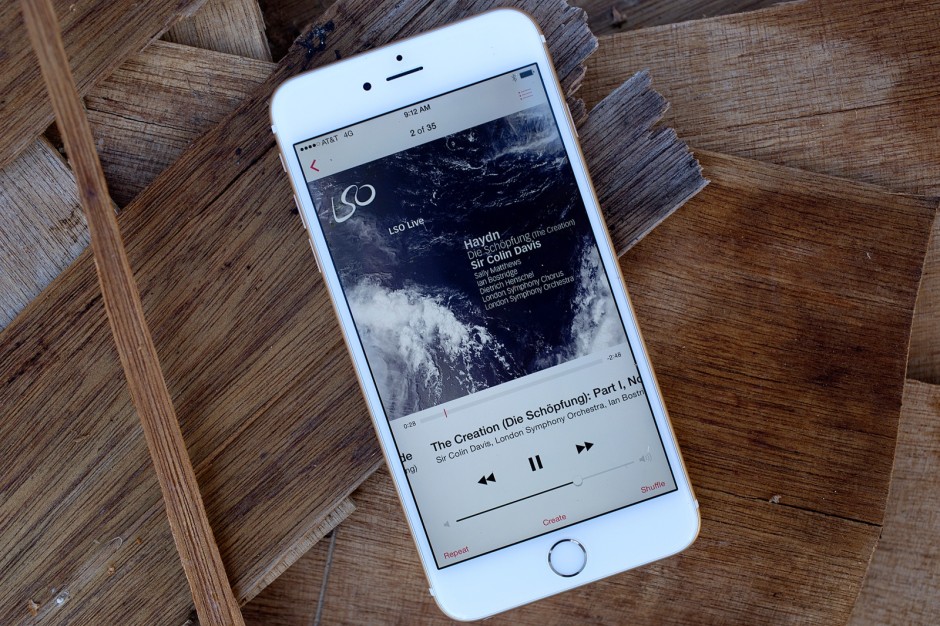
Samsung isn’t the only smartphone maker experiencing a decline in sales thanks to Apple’s latest iPhones. New data shows that the popularity of the iPhone 6 and the iPhone 6 Plus caused Android sales to decline for the first time ever during the fourth quarter of 2014.
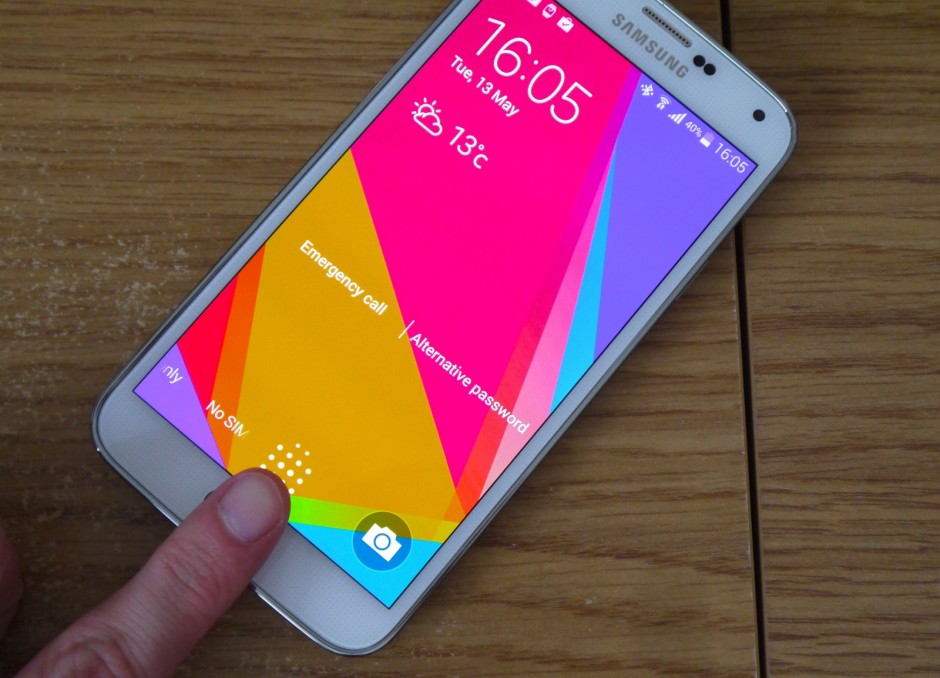
Things aren’t looking too rosy for Samsung at the moment. Having seen profits slip due to its falling mobile sales, the flailing South Korean tech giant is reportedly considering throwing in the towel altogether in Japan, where it’s struggling more than elsewhere.
Samsung currently represents a miniscule 4 percent of the Japanese smartphone market, which puts it in sixth place. According to sources with Samsung, staying in Japan is actually losing rather than gaining the company money.
While Samsung hasn’t traditionally been a top-seller in Japan, here in 2015 it’s doing worse than ever: with the company’s favorite metric, marketshare, shrinking from 17 percent two years ago to low single digits today.

Samsung’s pursuit of great design could lead to another iPhone clone if these images, purported to be the handset’s new aluminum frame, turn out to be genuine.
The South Korean company appears to have dropped the sharp, straight edges seen on the Galaxy Alpha and the Galaxy Note 4 for a smoother, more rounded design just like that of the iPhone 6 and iPhone 6 Plus, and it looks like the removable back panel is gone, too.
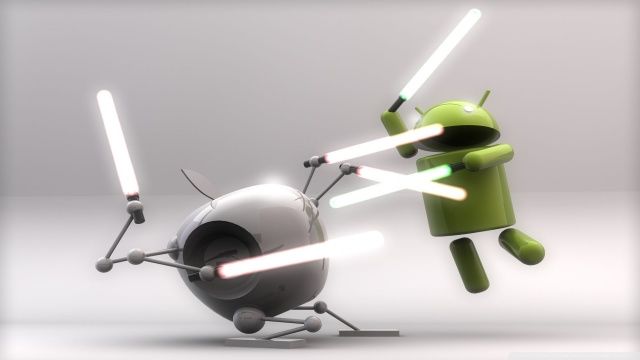
Coming off a monster financial quarter, things are pretty good in Cupertino right now. But if Tim Cook didn’t have enough to smile about over his morning coffee, here’s one more: Apple has overtaken U.S. sales of Android devices for the first time since 2012.
According to figures pulled by market research team Kantar Worldpanel ComTech, the holiday quarter was a massive one for Apple as far as market share goes — with iOS devices picking up 47.7 percent of sales, compared to Android’s 47.6 percent.
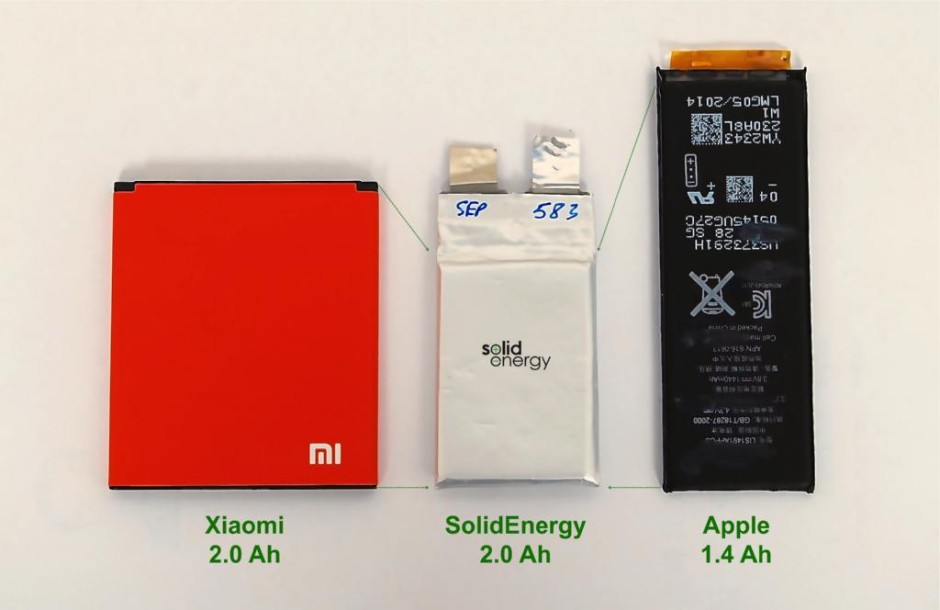
It’s been a while since we’ve seen vast improvements to lithium-ion batteries, which power the portable gadgets we rely on today. But that’s all about to change, thanks to a company called SolidEnergy.
Born out of MIT in 2012, the startup has built a battery that stores more energy than that inside Apple’s iPhone 6, but measures half the size.

HTC does some pretty terrific things — its One M8 is a prime example of that. But it does some downright ridiculous things, too, like producing its own rap videos.
Yes, you read that right: The Taiwanese company has produced a rap video that explains the many advantages the One M8 has over its rivals, and trashes competing products like the iPhone 6 and Samsung’s Galaxy S5.
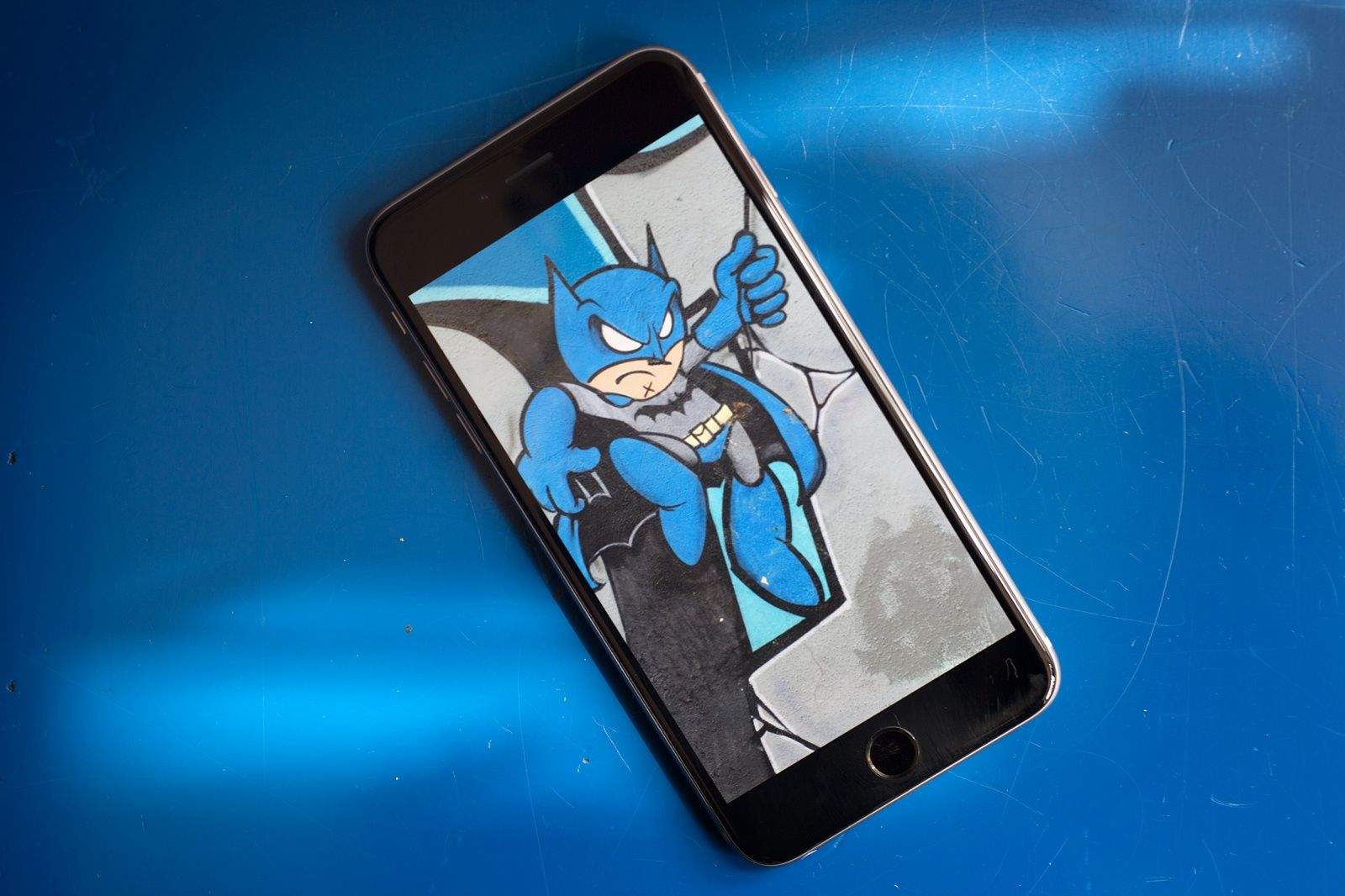
Tim Cook told investors he’s optimistic that the iPhone 6 still has legs, mostly because it has the highest Android switcher rate the company has seen in over three years.
The bigger screen was supposed to cause an avalanche of Android switchers, but according to Consumer Intelligence Research Partners, most of them must have come from outside the U.S.
Take a lot at their analysis of the last three years of new iPhone buyers:
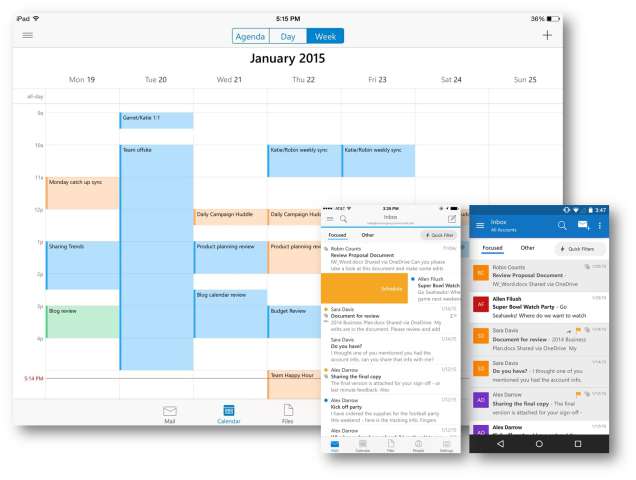
Back in December, we noted that Microsoft had acquired the popular iOS and Android email app Acompli, which offered a more task-oriented approach to email, with the ability to schedule meetings, edit your calendar, and in your most important emails to the top of the page.
Just under two months on, and Microsoft is launching a cross-platform version of Outlook for the first time ever — incorporating pretty much all the tools previously found in Acompli.
And don’t worry: if you’re not a user of Microsoft’s email services, Outlook also supports Yahoo, iCloud and Gmail accounts.
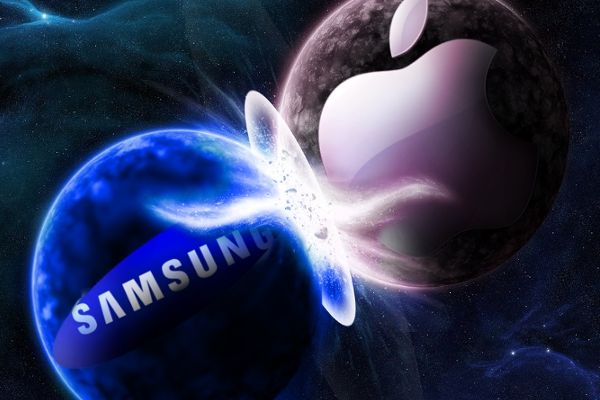
Apple and Samsung were dead even when it came to worldwide smartphone sales in the last three months of 2014, with each company selling 74.5 million handsets around the globe to capture a shade under 20 percent of the total marketshare.
For those keeping track at home, the last time the two were tied so evenly was Q4 2011 — shortly following the death of Apple co-founder Steve Jobs, and just after Tim Cook took over as CEO.

Thanks to the plethora of low-cost devices in addition to some higher end smartphones, Android has long been beating Apple’s iOS when it comes to market share. But a new report from app analytics firm App Annie shows just how imprecise this metric is — by comparing total number of app store downloads to actual money generated.
And it sure makes for interesting reading.
As expected, Google’s Play Store experienced 60 percent more app downloads than Apple in 2014. While that sounds like a definite win for the Android loving crowd, Apple’s iOS App Store still managed to generate more money than Google did — to the tune of 70 percent more yearly app revenue.
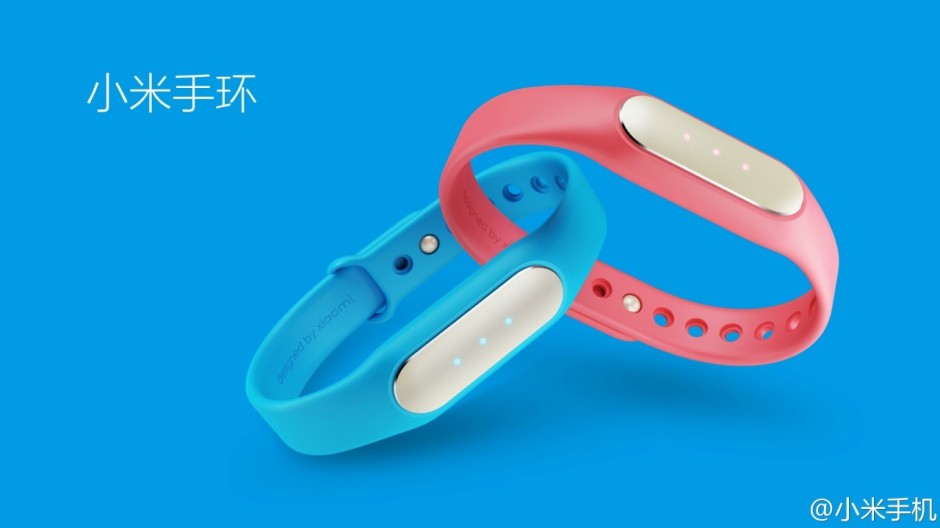
Not content with simply being the world’s third-biggest smartphone maker, occasional Apple copycat Xiaomi is also making inroads in becoming a major wearables company in its own right.
Recently, the company’s CEO Lei Jun laid out his plans to sell more than 10 million of its affordable Mi Band smart bracelets within the next 12 months.
While we obviously don’t yet know how well that will turn out, early indicators are certainly promising — with reports that in at least one minor market, Xiaomi is off to a strong start: selling 100,000 units of its smart bracelets in the Taiwan market alone in less than two months.
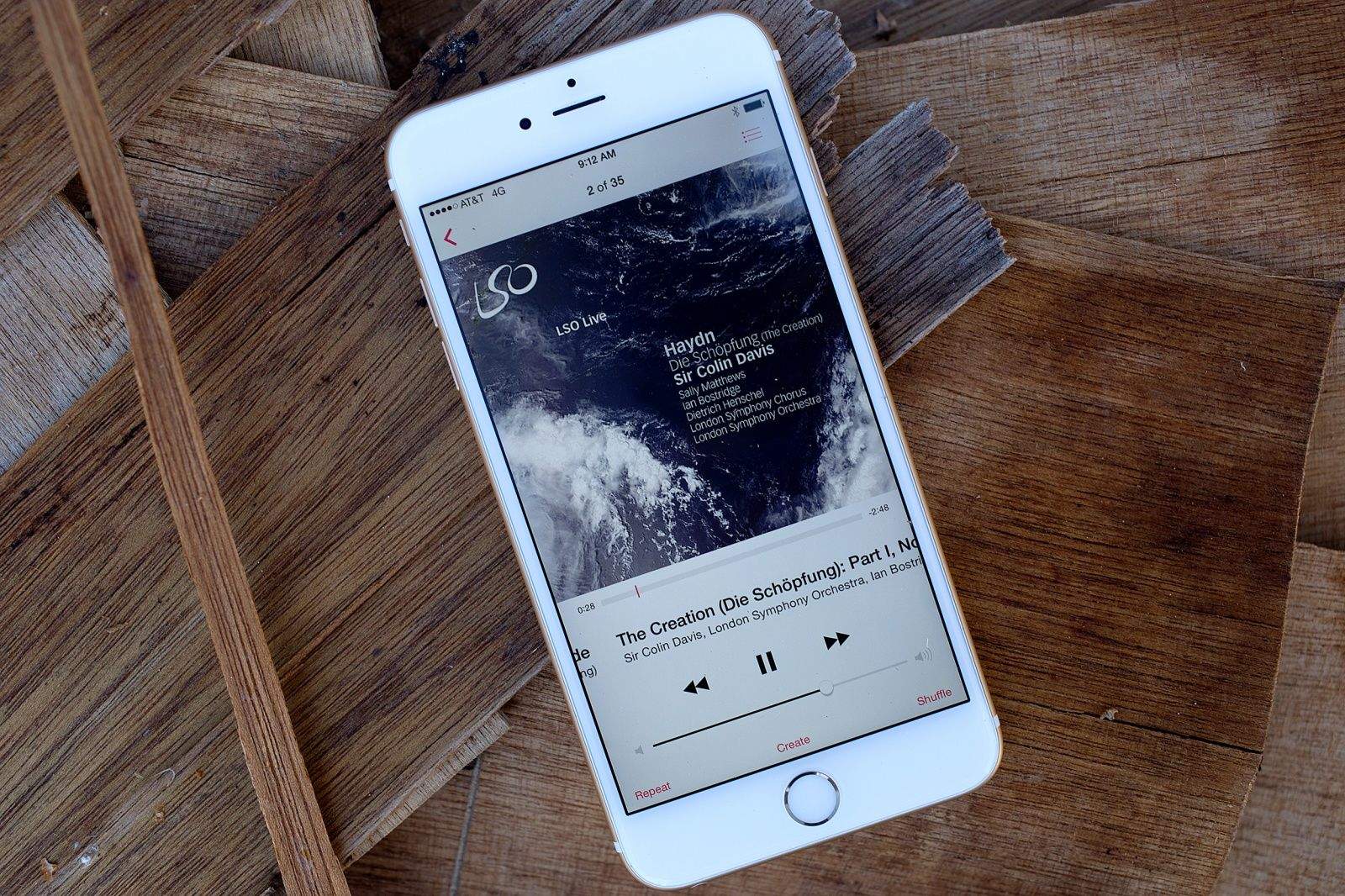
Apple is close to becoming the world’s top smartphone maker for the first time since it conceded the title to Samsung more than three years ago. The Cupertino company is selling more iPhones than ever before, while Samsung’s smartphone sales are slowing.

Google is about to become its own wireless network, and while the company is keeping quiet on its cellular ambitions, new details have leaked claiming Google’s service might finally be able to cure your signal loss problems.
Citing unnamed sources familiar with Google’s plans, the Wall Street Journal reported today that Google’s network will switch between service on Sprint, T-Mobile and WiFi to route all voice, text messages, and data through the best possible signal.
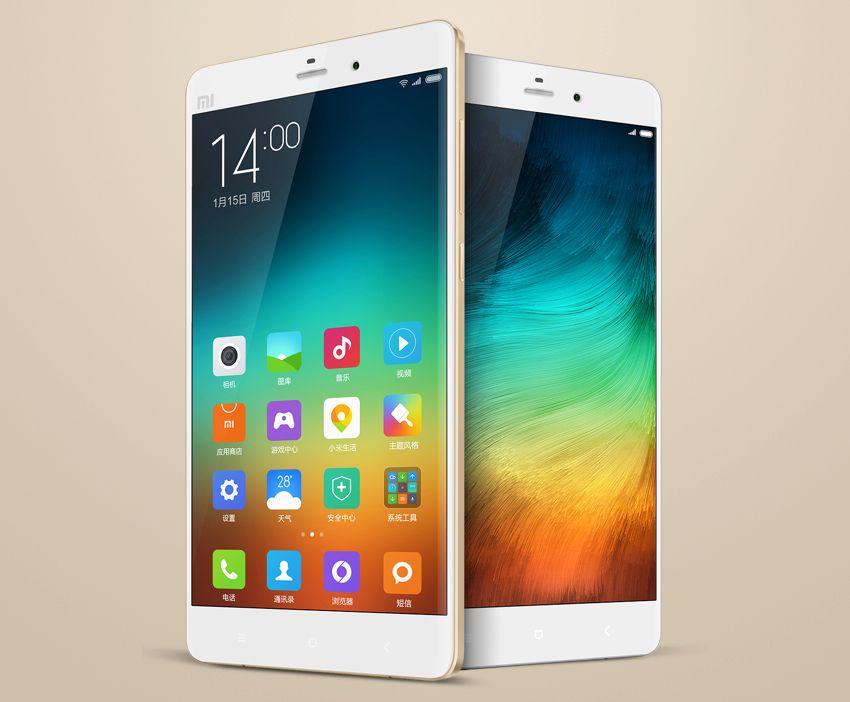
Xiaomi, the Chinese smartphone maker that’s found fame in the West thanks to its many Apple clones, is said to be preparing a trade-in program that will swap your iPhone for the newly-announced Mi Note phablet.
The program is designed to dissuade those with an older iPhone from upgrading to an iPhone 6 or iPhone 6 Plus, or to encourage those who already have to make the switch.
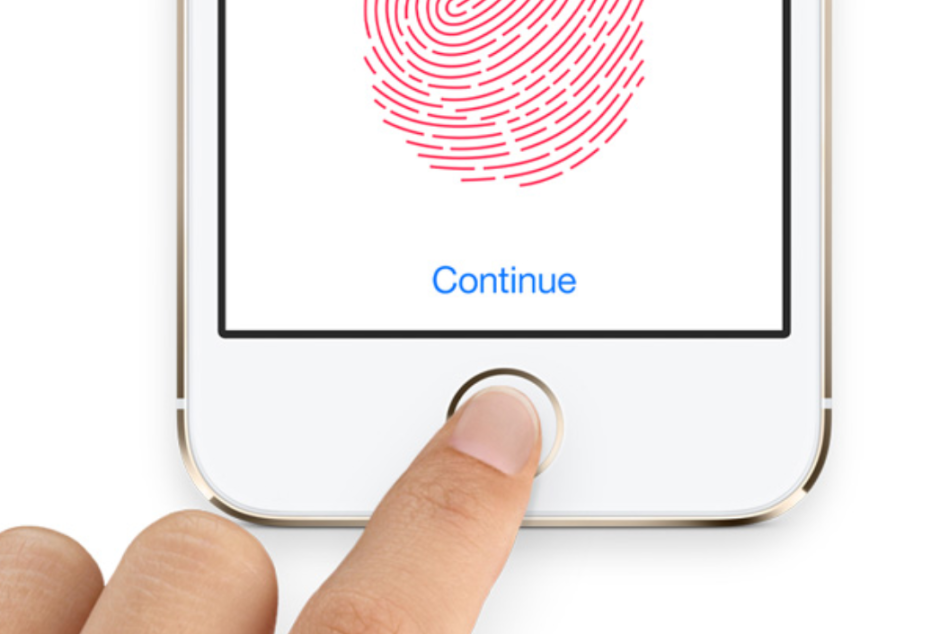
Google and Motorola went all out with the Nexus 6 to make it as good as flagship rivals from other manufacturers, but their super-sized handset could have been even better.
The device was set to get a fingerprint scanner, according to former Motorola CEO Dennis Woodside, but the plan had to be scrapped when Apple bought the best supplier in the industry.
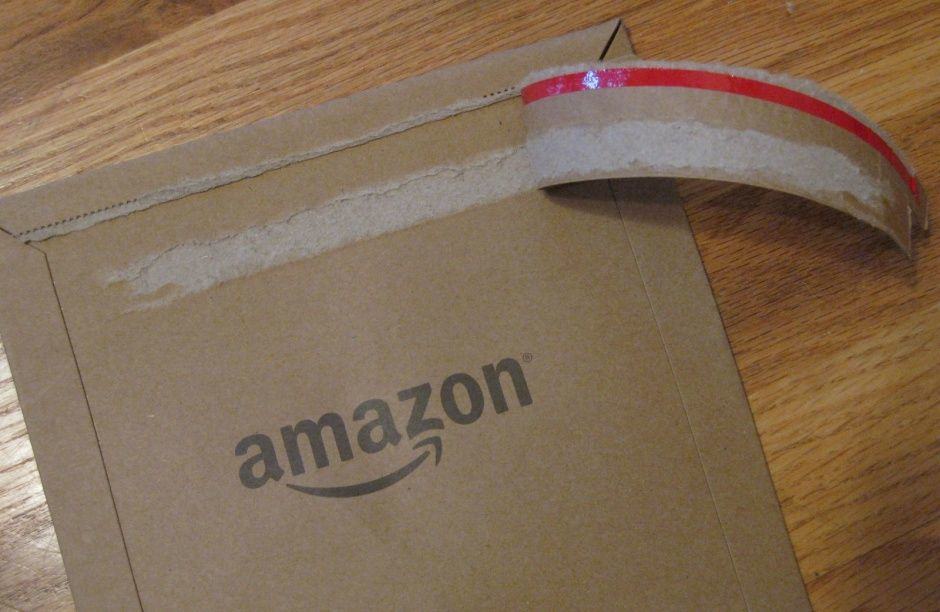
At $99 a year, Amazon Prime is a killer deal — especially if you do a lot of online shopping. But it’s going to get even better tomorrow, January 24, when you’ll be able to bag a one-year subscription for just $72 — more than 25% off — to celebrate the Golden Globe Awards.

Thermonuclear war may be over between Google and Apple, but that doesn’t mean that the two aren’t willing to score points against one another.
A few months after Tim Cook critiqued Google’s entire business model during his interview with Charlie Rose, and Google’s Eric Schmidt dismissed the bestselling iPhone 6 as a Samsung clone, Google has struck again with its latest act of aggression: a double billboard for Google Play positioned right next to a leading Apple Store.
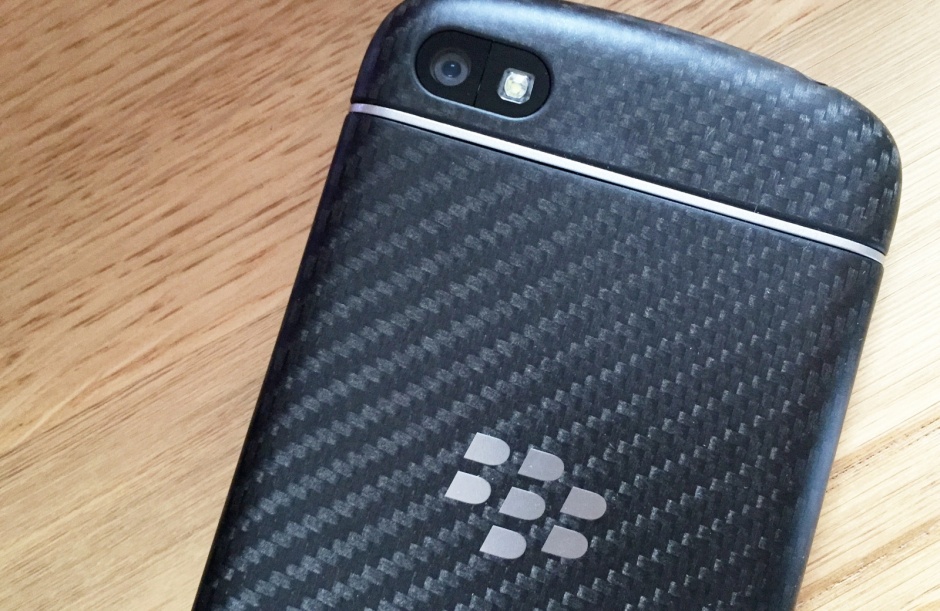
BlackBerry may be on its last legs and struggling to attract new customers, but that won’t dissuade Samsung from spending big to buy the company. While both companies have dismissed takeover reports over the past week, a new report claims Samsung really is still interested in acquiring a significant stake in the Canadian smartphone maker.

Pretty soon you’ll be able to buy a Nexus smartphone that works with Google’s own wireless network. The company is close to offering its own mobile phone plans directly to customers, a move that would allow Google to control the entire phone experience from top to bottom.

Amazon jumped into the mobile payments market a few months before Apple Pay launched, but the company is already pulling the plug on its first mobile wallet solution: Amazon Wallet.
Emails were sent out to customers this week from Amazon, alerting them that the service would be shutting down soon. The service was still in beta but it came preinstalled on the Amazon Fire Phone. The move comes just six months after Amazon Wallet made its debut.